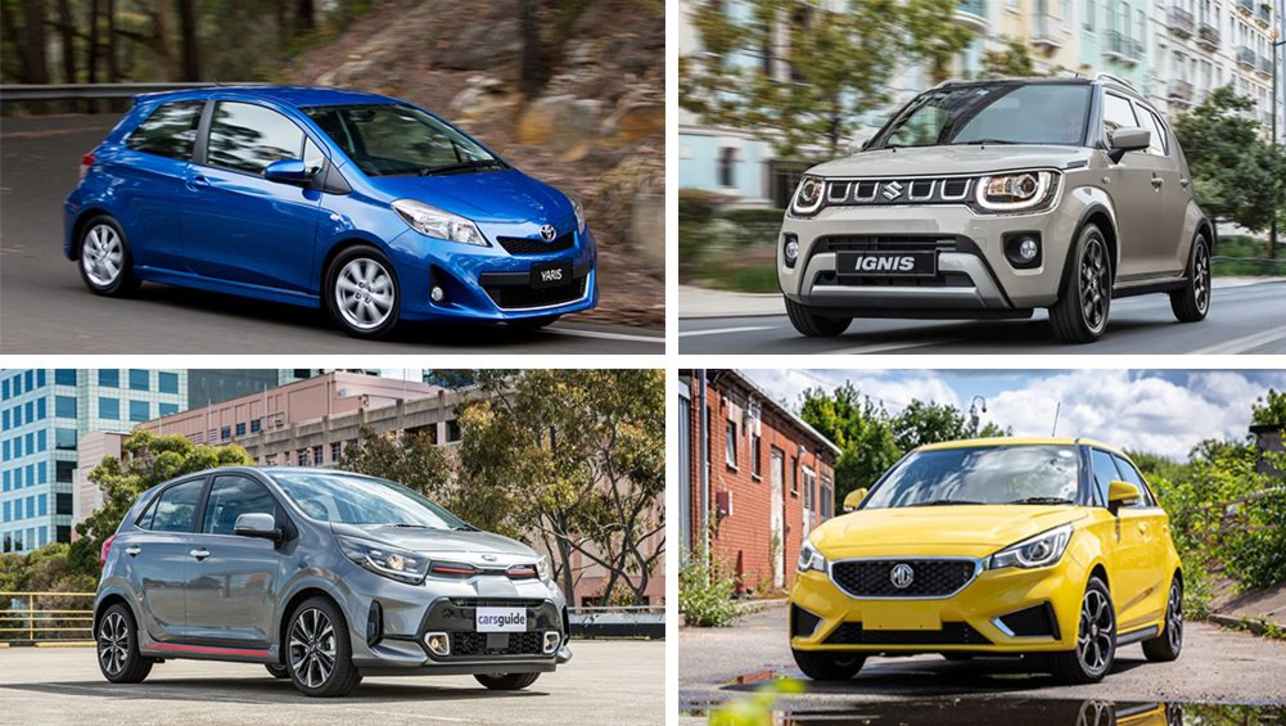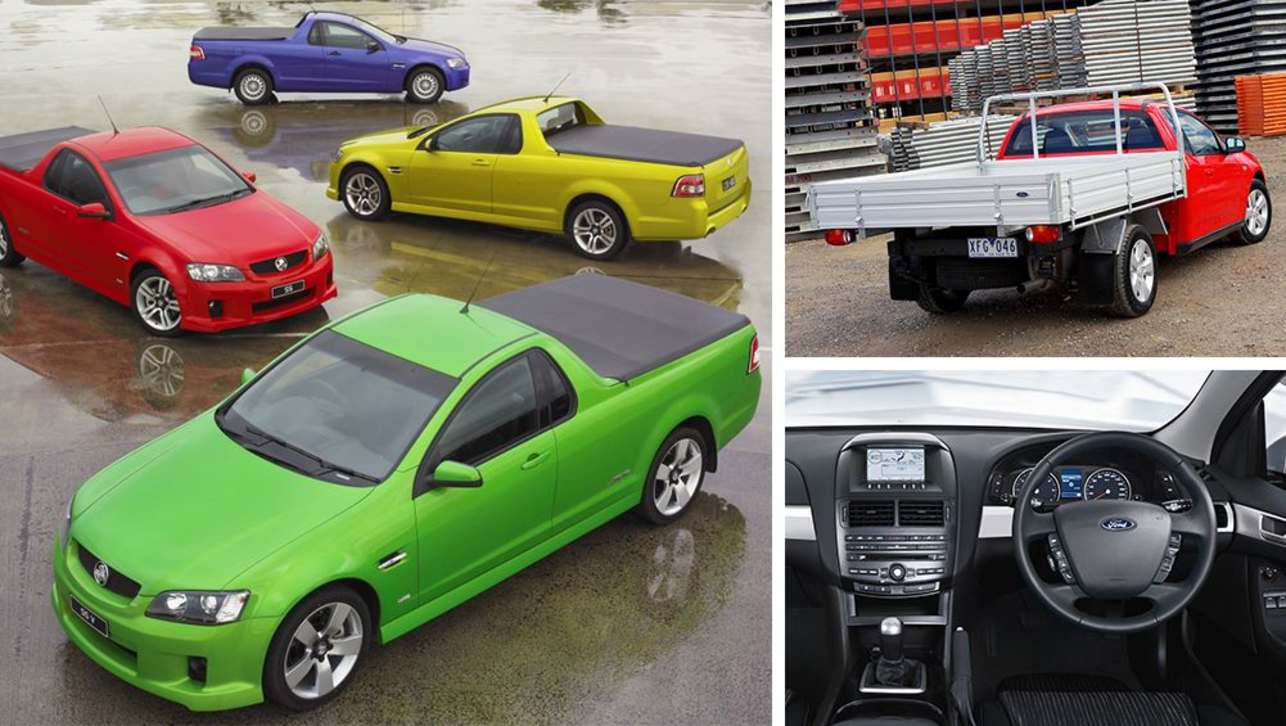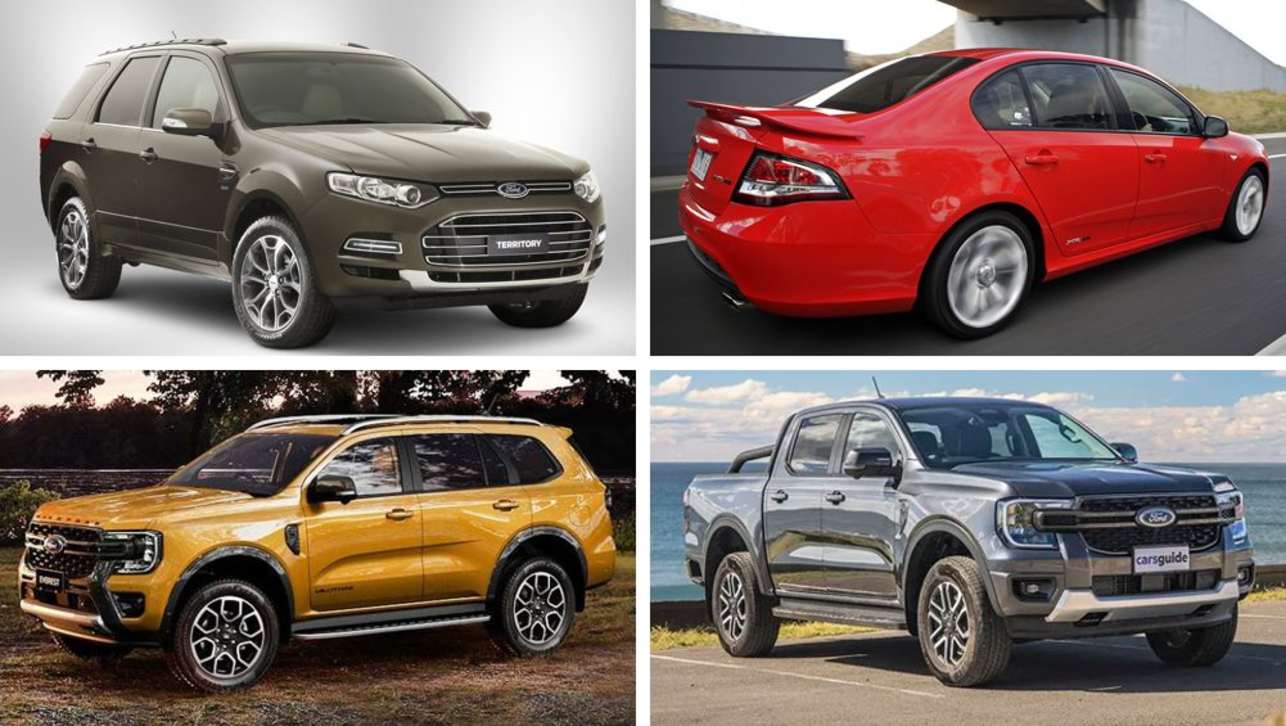Think back to your first car. Depending on your vintage, it was probably something Australian and rather second-hand, or something Japanese and not too old.
A hand-me-down Holden Commodore-slash-Kingswood, Ford Falcon, a used Toyota Corolla or Yaris, even something like a then-near-new Hyundai Excel or Getz. All come up regularly as classic ‘first car’ fodder in conversations.
These cars all fostered some brand loyalty from many of their owners, the first two to an extreme extent in some cases. My first car was a 2002 Mitsubishi CG Lancer VRX and I still have a soft spot for that car on a certain level.
My dad grew up in a Holden family, which meant so did I, and I spent plenty of time in car seats in the back of Commodores - a VL Calais Turbo was where my childhood passenger career peaked.
To a less emotional extent, the reputation for reliability enjoyed by Toyota is passed down generationally in a similar way, and owning a ‘cheap and cheerful’ car like a Yaris or Corolla as a first car was a good way to lock in the ‘Toyota equals reliable’ mentality.

The family’s 100 Series LandCruiser was pretty much unkillable according to Dad, even though we only owned it for a handful of years. Reputation is everything.
So now that cars like the Yaris and Corolla are a touch too pricey for many first-car buyers to consider - a base Yaris costs $24,640 before on-roads, though a decade ago you could pick up a number of small hatchbacks for less than $15,000.
.jpeg)
Now, the cheapest models on offer for less than $20K come from Kia as the diminutive Picanto hatch (from $16,290), the MG3 hatch at $19,490 drive-away, or the $19,490 (before on-roads) Suzuki Ignis baby SUV.
Kia and Suzuki have established themselves as brands with loyal customers - so MG must be well on its way to the same. Of course, this relies on young MG owners being happy with their cars, but consider the changing opinions of traditional car enthusiasts on brands like Kia and Hyundai over the last decade.
.jpg)
MG could well do the same.
But Toyota Australia’s got a plan to keep offering cars at a price point accessible to young buyers and first-car-seekers: certified pre-owned.
It essentially means once a car goes through a couple of years of ownership, it can be sold back to Toyota for a recondition and resale with a warranty.
Toyota Australia Vice President of Sales and Marketing Sean Hanley recently told us at a new model preview event that the increasing need for safety and tech equipment in cars meant it was inevitable that prices keep going up.
.jpg)
Toyota committed to making certified pre-owned a priority around the same time the company no longer offered a Yaris for less than $20,000.
It includes things like a fairly conditional one-year warranty and a year of nationwide Toyota Roadside Assist, as well as the “comprehensive quality inspection” and reconditioning “to Toyota’s exacting standards by Toyota Technicians”.
But at time of writing, a search for Toyota Certified Pre-Owned vehicles priced under the $20,000 mark returned a total of 11 results… Australia-wide.
The cheapest on offer is a 2019 Toyota Yaris Ascent in manual, with just under 38,000km on the odo and priced at $17,990 drive-away. It would have been a $15,290 (before on-roads) car when new.
.jpg)
Bumping the maximum price up to $25,000 increases the results to a total of 69 nationwide, but only three of those are hybrids, a Camry and two Prius Cs all about six or seven years old.
Essentially, it looks like Toyota has put the system in place for more affordable near-new cars to be available, but the result hasn’t quite turned out that way - at least not yet.
A new hybrid Yaris can be had for not too much over $30,000 once all the on-roads are considered, but the take-up rate on those is pretty slow. Only 1055 new Yarises (hybrid or otherwise) were delivered between the start of the year and the end of July.

In the same period, Toyota Australia delivered 111,426 new cars in total.
Toyota’s clearly not in trouble right now, it still boasts 16.4 per cent of the new-car market share this year to the end of July, but will losing that entry-level accessibility result in a new brand or brands wedging in and becoming the new ‘affordable and reliable’?
The Australian new-car market is changing dramatically, and it could be years before we find out just how big the knock-on effects will be.
At least we know there will still be five-decade-old LandCruisers getting around in 2030 and beyond.








.jpg)
.jpg)
.jpg)

.jpg)
.jpg)
.jpg)

.jpg)


.jpg)


.jpg)
.webp)
.jpg)




Comments